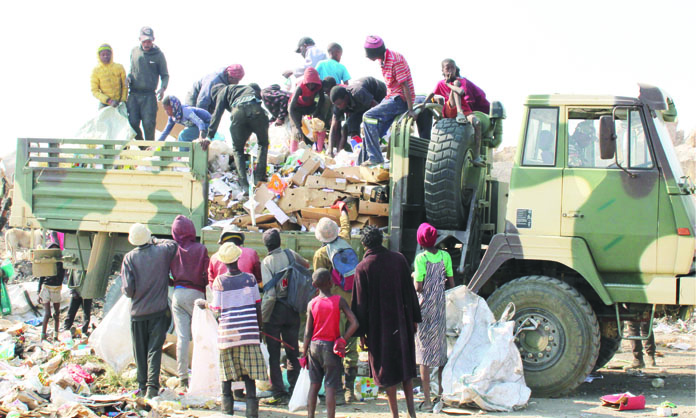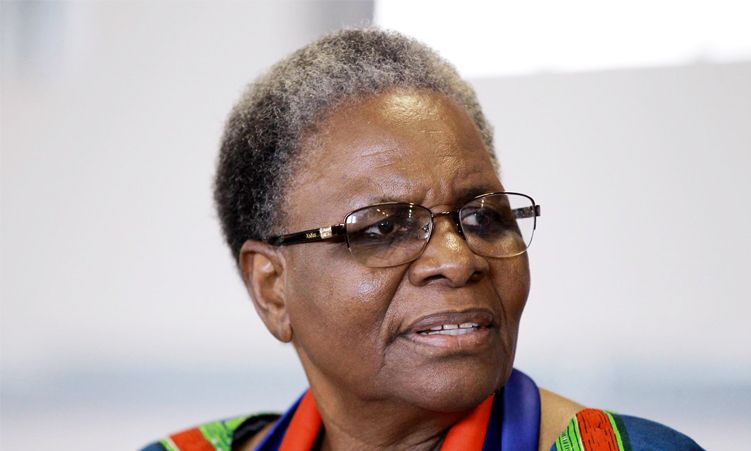Due to the high rate of urban migration of those in search of better opportunities, many residents of informal settlements in the Oshana region live in dire poverty – unemployed and unable to feed themselves – with food insecurity of the urban poor said to be a major public health challenge.
Omakulukuma informal settlement resident Aune Malakia recently told The Namibian she was informed several times that she does not qualify for the drought relief programme, reportedly because she lives in town.
“I am residing in town but I’m living in extreme poverty. I went to the constituency councillor’s office but I was told that I could not be considered because the programme is only meant for those in the rural areas, but we are all suffering the same. We all want food and we are hungry.”
Ondangwa Town Council chief executive Ismael Namugongo, during the Oshana Regional Council stakeholder’s quarterly meeting, noted that many people living in the informal settlements at Ondangwa are in dire need of drought relief food as they are living in extreme poverty.
“Poverty in our informal areas is high and these people need our help urgently. Over the years, many people have been moving from rural to urban areas and on a monthly basis we receive a high influx of people moving into informal areas for better opportunities. These people, when they come to town they are allocated land and they build shacks there, but they do not have work. Poverty is real in informal areas. I think we need to find ways to assist these people. I understand that government drought relief programmes are not applicable to urban settlers, but I think as a government, we need to find ways to help our people,” he said.
Ongwediva Town Council spokesperson Jackson Muma highlighted the high rate of unemployment at the town and increasingly high food insecurity.
“Unemployment is a problem in our town. Many people are living in extreme poverty due to high unemployment,” he said.
Oshana regional council chairperson Andreas Utoni asked the regional council to consider urban settlers in dire need of food in the drought relief programme because the situation on the ground does not look good.
“Many people are in dire need of drought relief programme and not only those residing in rural areas. On a daily basis, people are flooding our offices asking for food and we do not have any means to assist them. The government must do something and come to the aid of these people. Many people did not cultivate their fields this year due to poor rainfall and as a result people are migrating to urban areas thinking they might find something better there, but the situation is worse in towns.”
Executive director in the Office of the Prime Minister I-Ben Nashandi recently announced that the central government, through his office, made N$100 million available to be shared by all 14 regions to mitigate water shortages in the respective regions.
He said the government will also roll out a drought relief programme, including food distribution and livestock, to all the 14 regions as from 1 October to 31 June 2024 for food distribution, and 1 October to 1 March 2024 for livestock support.
The drought relief programme targets drought affected farmers in rural areas dependent on subsistence farming and beneficiaries residing in one household should not be receiving a combined income of more than N$2 800 per month from government social grants.
Stay informed with The Namibian – your source for credible journalism. Get in-depth reporting and opinions for
only N$85 a month. Invest in journalism, invest in democracy –
Subscribe Now!






